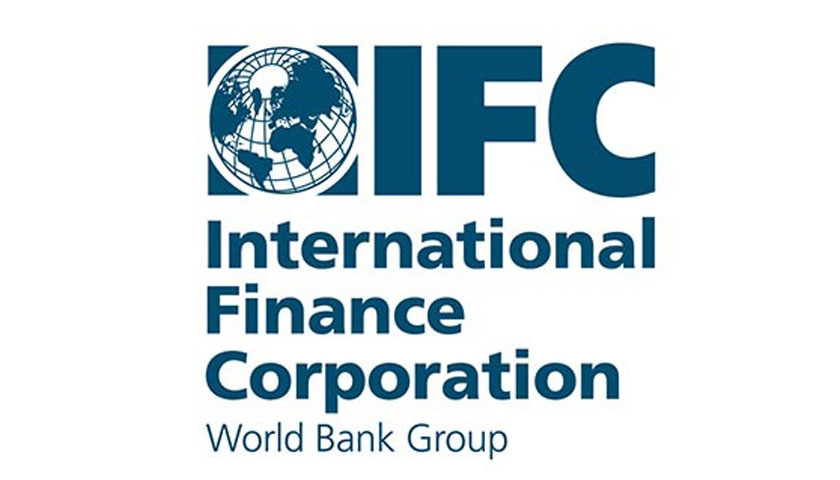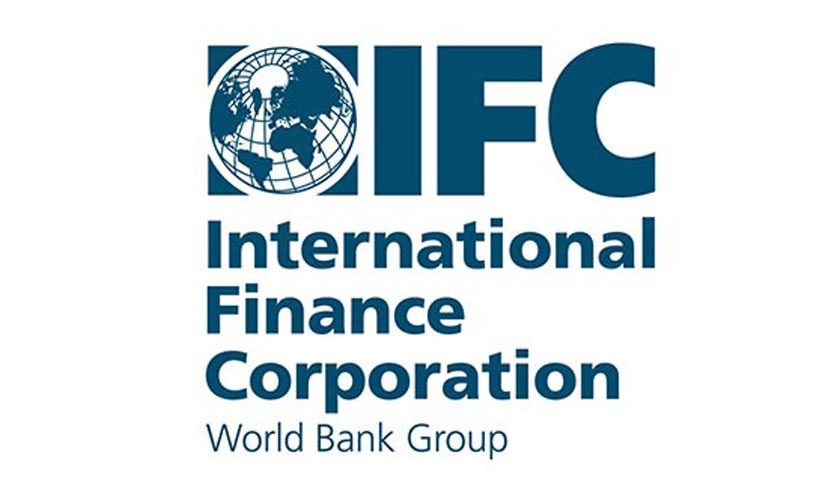The Green Climate Fund (GCF) and IFC are collaborating on a proposed investment that will increase the resilience of the energy grid in Barbados, particularly during extreme rains, tropical storms, or hurricanes.
At its board meeting this week, GCF approved the provision of up to $41 million in blended concessional financing to support IFC’s proposed investment in RenewStable Barbados, a 50 MW solar generation facility with green hydrogen and lithium-ion battery storage that will provide clean and stable electricity to the Barbadian grid.
RenewStable Barbados will represent the first time GCF is supporting an IFC investment through the provision of concessional financing, the first green hydrogen project for IFC, and the first green hydrogen project in the Latin America and Caribbean region. The project is expected to have a significant impact on GHG emissions mitigation (avoiding 693,000 tCO2 emissions over the lifetime of the project) while reducing the country’s dependence on expensive fuel imports.
“RenewStable Barbados is an example of the kind of transformative investment that IFC and GCF can make together to support the climate transition,” said Susan Lund, Vice President, Economics and Private Sector Development, IFC. “GCF concessional financing will help make this innovative green hydrogen project possible and lower the electricity tariff for the people of Barbados.”
The government of Barbados has set ambitious decarbonization targets for 2030, including a target of achieving a 100 percent renewable energy matrix. The proposed project will use intermittent solar photovoltaic generation and combine it with short-term battery storage and long-term green hydrogen storage to provide a clean generation facility that can be dispatched 24 hours a day.
“Our partnership with IFC is grounded in the ambition to deliver transformative projects that can deliver climate impact at scale,” said Henry Gonzelez, Deputy Executive Director, GCF. “This proposed investment offers a solution that can be replicated in Barbados and other small island states, ensuring their prosperity while increasing their resilience to climate events.”

